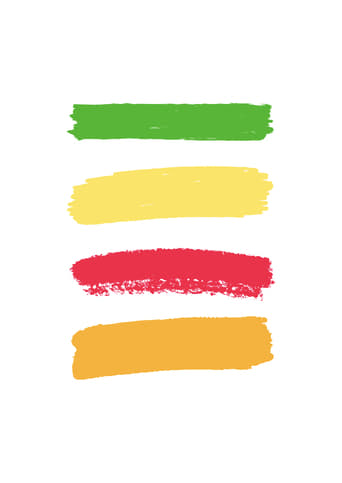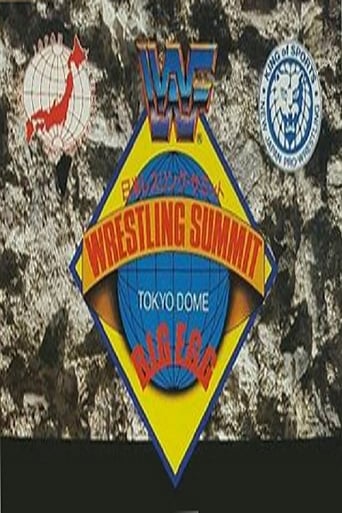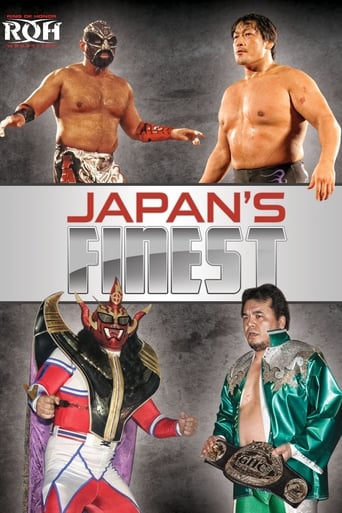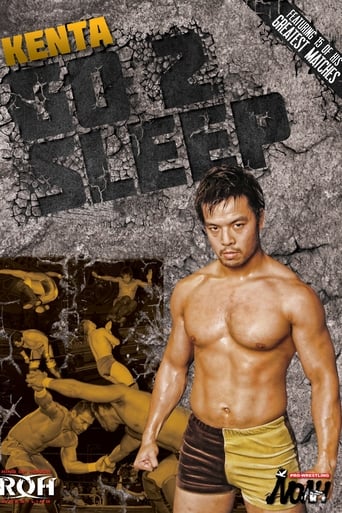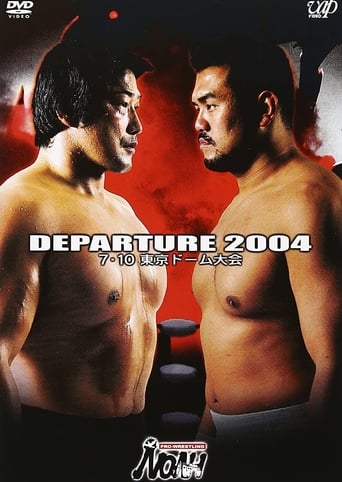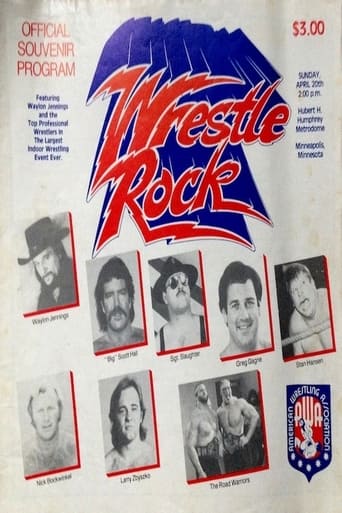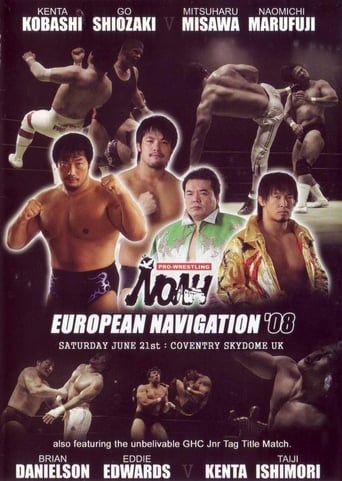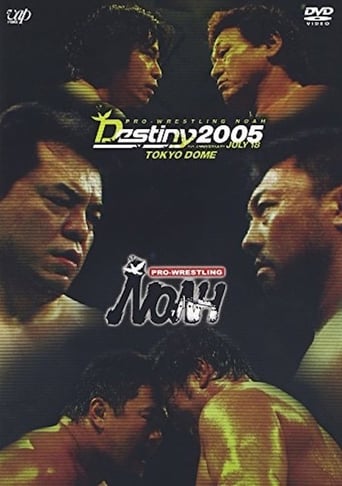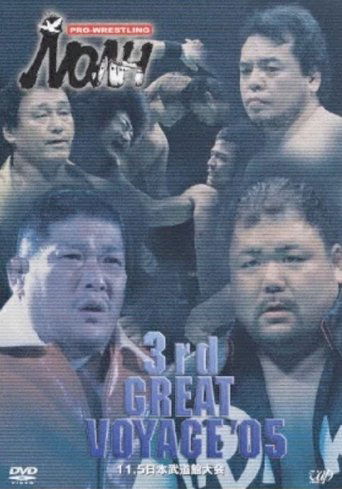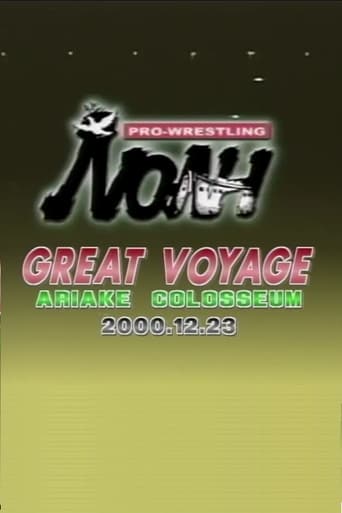
Gender
Birthday
Popularity
Mitsuharu Misawa
Mitsuharu Misawa
Gender
Birthday
Popularity
Biography
Mitsuharu Misawa (三沢 光晴, Misawa Mitsuharu) was a Japanese professional wrestler and promoter who worked for All Japan Pro Wrestling before forming Pro Wrestling Noah. Misawa was known alongside Toshiaki Kawada, Kenta Kobashi, and Akira Taue under the informal nomenclature of AJPW's Four Pillars of Heaven, whose matches developed the ōdō (王道, "King's Road") style of puroresu and received significant critical acclaim. Despite never working in the United States during the 1990s, Misawa had significant stylistic influence upon American independent wrestling, through the popularity of his work among tape-traders in the country. However, while Misawa has been regarded as one of the greatest professional wrestlers of all time, the physical demands and consequences of the style in which he worked and the circumstances of his death have made his legacy, or at least that of ōdō, somewhat problematic. Debuting in 1981, Misawa became the second incarnation of the Tiger Mask gimmick in 1984, which he wrestled as, through to the decade's end. After the departure of Genichiro Tenryu, Misawa unmasked mid-match in May 1990 and began a rivalry with company ace Jumbo Tsuruta. Misawa's victory over Tsuruta on June 8, 1990 led AJPW to sell out every Tokyo event they held into early 1996, and as Tsuruta receded from the main event due to hepatitis, Misawa was cemented as AJPW's ace when he won the Triple Crown Heavyweight Championship from Stan Hansen in August 1992 and held it for the longest reign in the title's history. Misawa remained atop the company throughout the 1990s, and following the death of president Giant Baba in 1999, Misawa inherited his position, but conflicts with widow and majority shareholder Motoko Baba led to his removal in May 2000. After this, Misawa led a mass exodus of the promotion's talent to form Noah. Noah was successful in the first half of the decade, but as business declined and top star Kobashi left in 2006 for cancer treatment, Misawa continued to work a full-time schedule, despite mounting injuries, for the company's survival. On June 13, 2009, during a tag match in Hiroshima with Go Shiozaki against Akitoshi Saito and Bison Smith, Misawa died after a belly-to-back suplex from Saito. Misawa was an eight-time world champion, having won the Triple Crown Heavyweight Championship five times and the GHC Heavyweight Championship three times. He was also an eight-time world tag team champion. Fifty-three of the sixty-nine events at the Nippon Budokan that Misawa headlined were sellouts, a drawing record that has been compared to Bruno Sammartino's run at Madison Square Garden. Misawa was named Wrestler of the Year by the Wrestling Observer Newsletter on three occasions, and holds the record for most WON five star matches, with 24. He is also one of the nine wrestlers to have been awarded a six-star rating by the publication, for his match with Kawada on June 3, 1994, which has been specifically cited as one of the greatest professional wrestling matches of all time.

